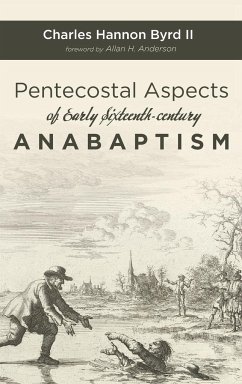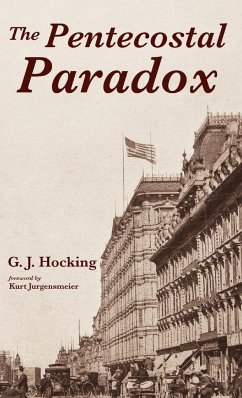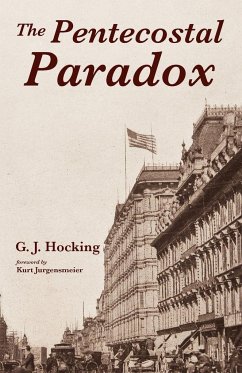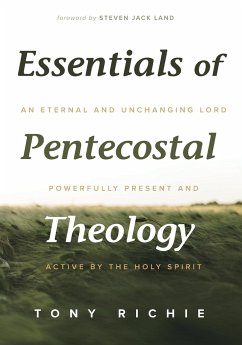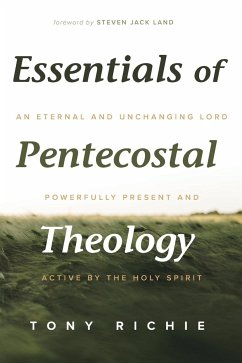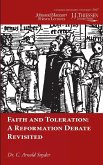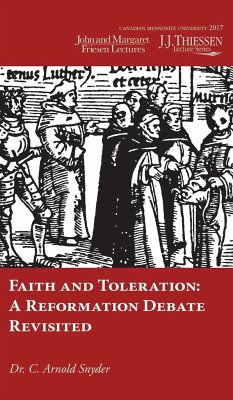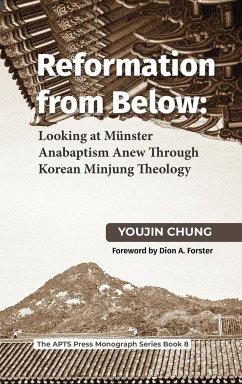Early-sixteenth-century radical Anabaptism emanated in Swiss protest during Huldrych Zwingli's protest against the Roman Catholic Church. Much like Luther, Zwingli founded his reform effort on the premise that the Bible was the sole arbiter of the Christian faith, sola scriptura, and the sufficiency of the shed blood of Christ for eternal salvation, sola fide. Based on these two principles, both Zwingli and Luther adopted the doctrine of the priesthood of the believer, which recognized every believer's Spirit-empowered ability to read and interpret the Bible. Radical adherents to Zwingli first rejected the idea of infant baptism, which Zwingli continued to practice. This led to the radical practice of the rebaptism of adults, which was subsequently labeled as Anabaptism. These Anabaptists also interpreted 1 Corinthians 12-14, Paul's description of the manifestation of the gifts of the Holy Spirit, as the biblical format for conducting proper church. This direction led Zwingli and the city of Zurich to outlaw the Anabaptists and their practices, which brought severe persecution and martyrdom.

